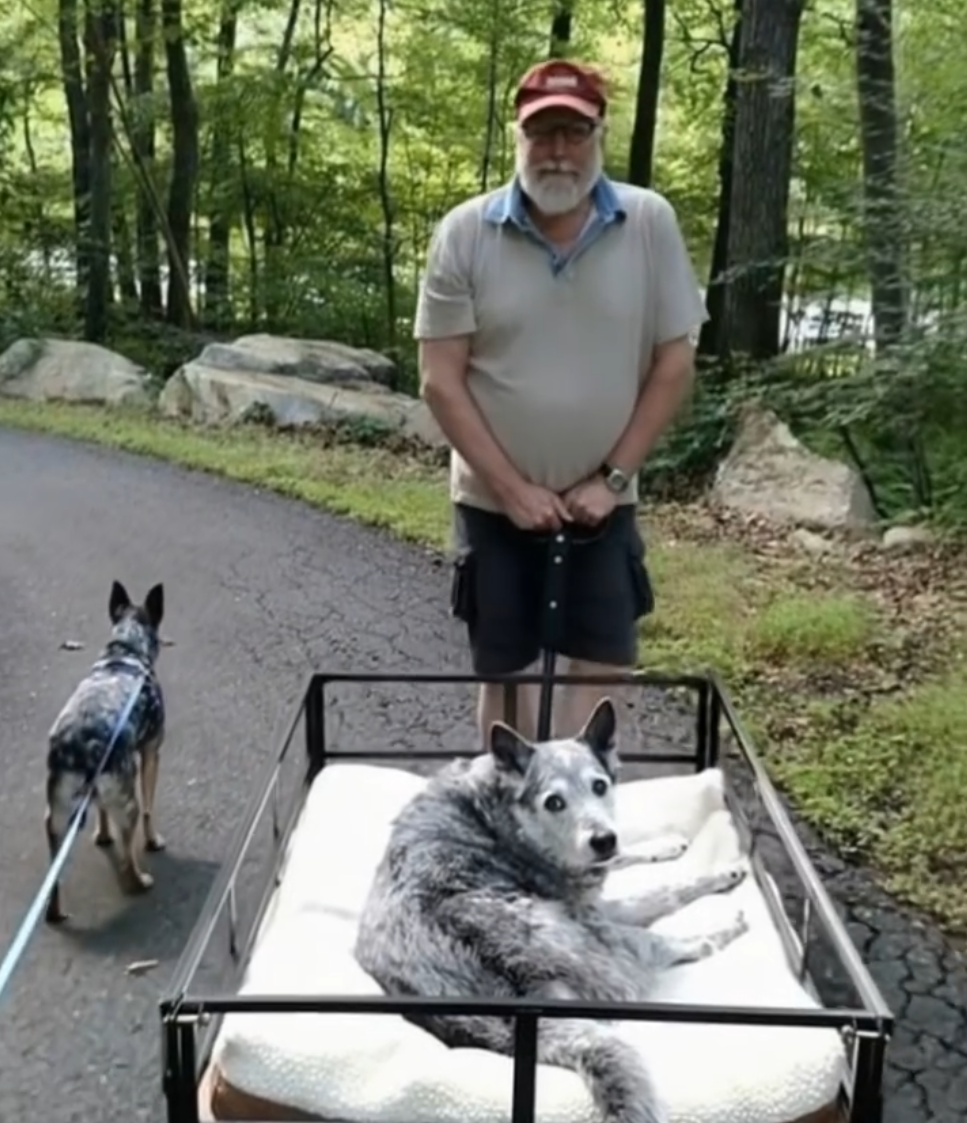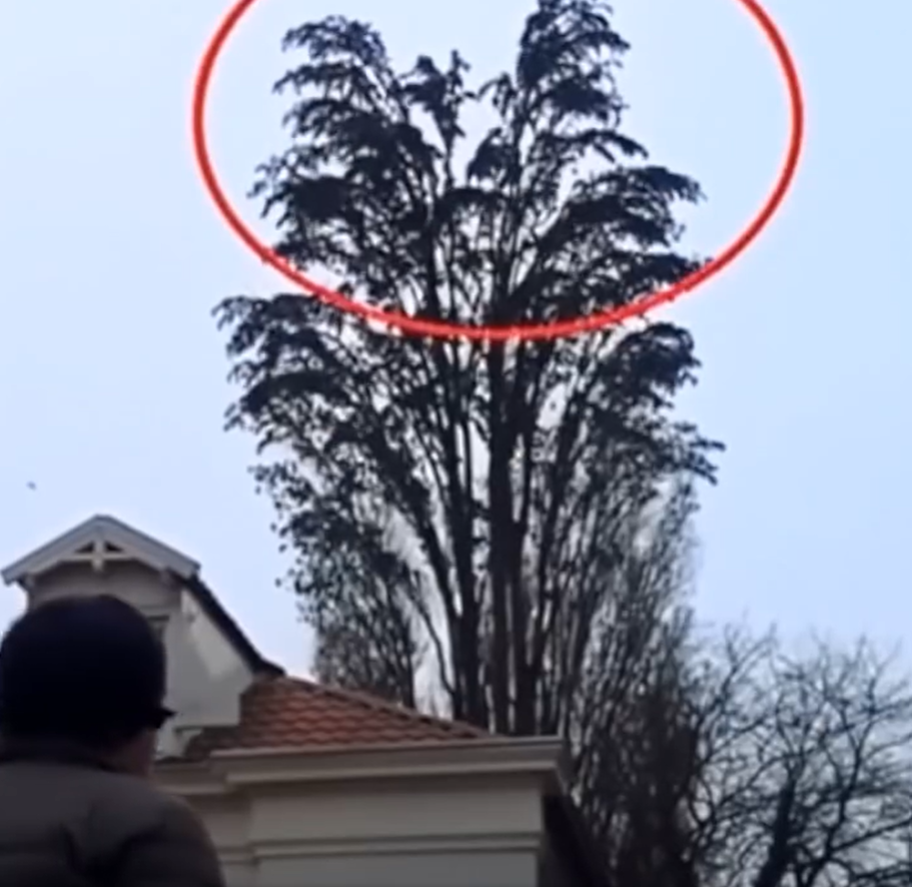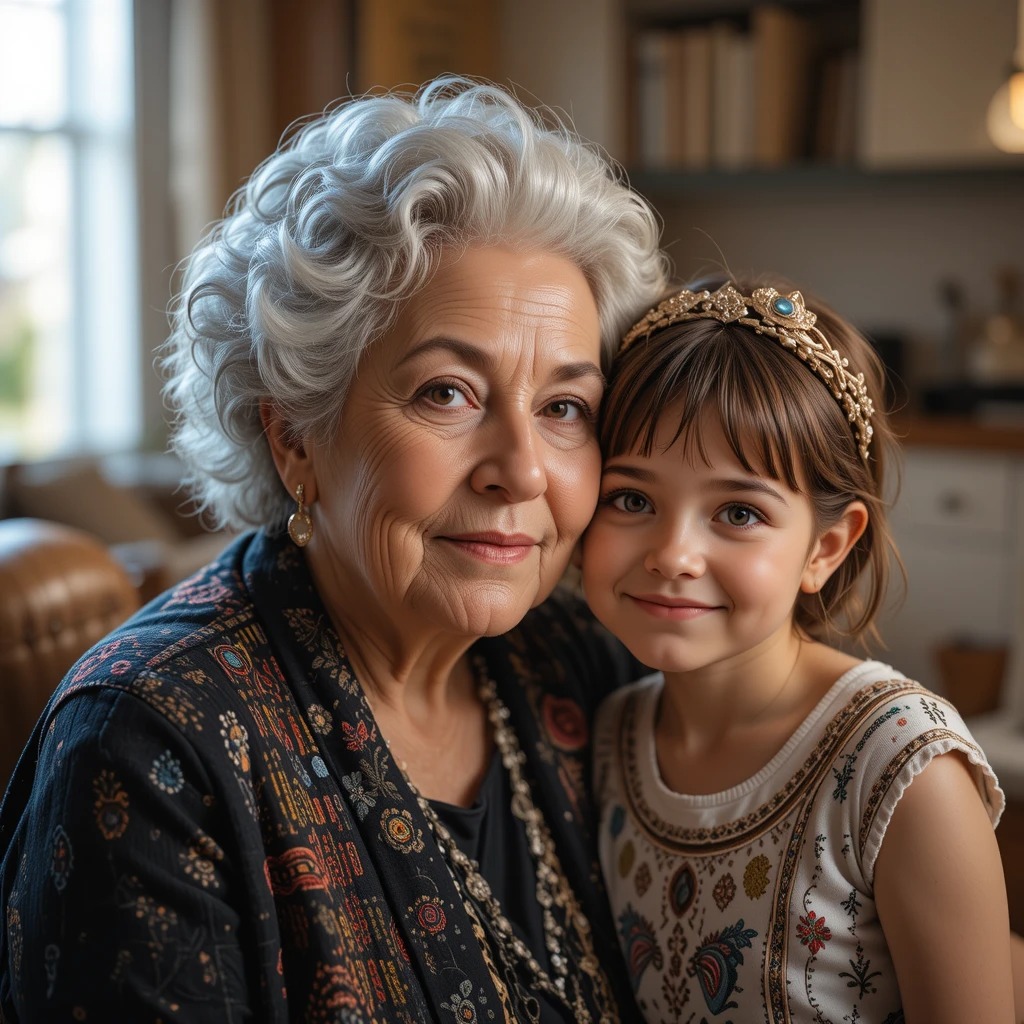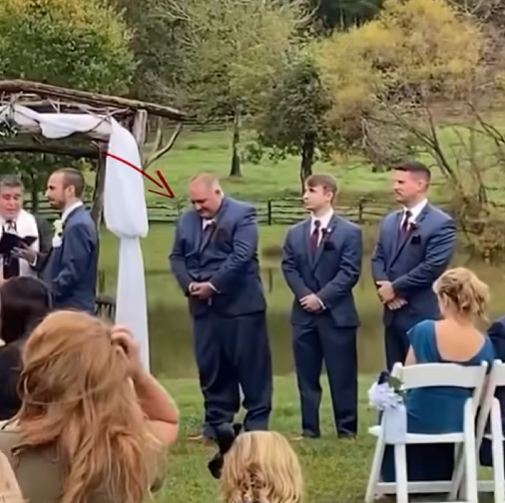During my usual jog through the park trail, headphones on and mind wandering, I noticed him—an elderly man with a long white beard, pulling a small cart behind him. Inside it lay a dog—gray-faced, stiff, barely moving. Another, younger dog walked alongside.
At first, I gave a small smile, feeling a bit of empathy. Then I stopped.

The older dog didn’t lift his head. He lay on a cushion, seeming as if he hadn’t stood up in days. For reasons I can’t explain, I blurted out, “Why not just let him go? Isn’t he suffering?”
Slowly, the man looked up. His eyes were tired but calm. “He isn’t suffering,” he said. “He’s just old. Like me.”
I was speechless.
He looked down and gently rubbed the dog’s back. “He saved my life,” he said quietly. “When I didn’t want to face another day, he wouldn’t let me stay in bed. He made me get up. Made me eat. Brought joy back to my world.”
Then he looked at me, truly attentive. “Now he can’t walk, so I walk for him. That’s how it works.”
I stood still, warmth flooding my face, unsure why.
He clicked his tongue, and the younger dog started moving again. The wheels of the cart creaked softly as they slowly rolled away.
Since that moment, I haven’t stopped thinking about it. How long can he keep doing this?
For days after, I avoided that path—not deliberately, but something about seeing him unsettled me. Maybe guilt. Maybe shame. Or maybe just the reminder that love can look different when it’s hard.
But one foggy morning, I found myself back on the trail.
I scanned the area, hoping not to see them. Yet there he was, moving slowly, pulling the cart. This time, he wasn’t alone.
A teenage girl walked beside him with a thermos, chatting while he nodded. The younger dog darted ahead and circled back repeatedly, showing off.
I hesitated, then waved. He recognized me and nodded. “Didn’t expect to see you again,” he said.
“Me neither,” I replied. “I’ve been thinking about what you said.”
The girl smiled and introduced herself as Anya—his granddaughter. “Grandpa comes here every morning,” she said. “Even in the rain. I started joining him last month after I moved nearby.”
The man chuckled. “She makes sure I don’t forget my tea now.”
I looked at the dog in the cart. He seemed peaceful, like he wasn’t in pain—just resting.
“His name’s Dusty,” Anya said, reading my thoughts. “He’s twenty years old. Grandpa’s had him since he was a puppy.”
Twenty. I blinked. Almost three normal dog lifetimes.
“He was my late wife’s idea,” the man added. “She said I needed a reason to get out after retiring. Turns out, she was right.”
He looked at Dusty again, smiling.
“After she died, I had no purpose. I didn’t eat or sleep. Dusty would bark if I stayed in bed. He nudged me toward the leash and didn’t stop until I took him out. I think he understood.”
I listened quietly. My chest tightened again like before.
“And now?” I asked softly.
“Now I owe him,” he said simply. “He gave me years I might have thrown away. So I give mine back to him. Seems fair, doesn’t it?”
I nodded. It was more than fair. It was beautiful.
After that, I started running the trail again—this time looking for them. Some days I waved from afar, other days I slowed down to walk alongside.
One morning, Anya offered me coffee. “Thought you might want to join us today,” she said, smiling.
We didn’t talk much that day. We just walked. The younger dog chased squirrels, Dusty slept in the cart, and the man hummed an old tune under his breath.
It became a routine. Every Tuesday, I’d walk with them instead of running. It didn’t feel like exercise—it felt like something deeper.
One day, I noticed Dusty’s eyes stayed closed all the time. His breathing was shallow, barely moving. I looked at the man, worried.
“He’s okay,” he said softly. “Some days are better, some more tired.”
Anya was quiet that morning too, and so was I. But when we said goodbye, she kissed Dusty’s head for a long moment.
The next Tuesday, they didn’t show up.
I told myself maybe they took a different route. But when they weren’t there on Thursday either, I felt a squeeze in my chest.
On Saturday, I saw Anya sitting alone on a bench. The younger dog lay next to her, tail thumping slowly. The cart was empty.
I walked over carefully, bracing myself.
“He passed two nights ago,” she said softly, her eyes red but dry. “While sleeping. Grandpa was with him.”
I sat quietly, unsure what to say.
“He was ready,” she said. “I think he waited for Grandpa’s last nod. They just lay there together, peacefully. Grandpa told him he could rest now.”
I stared down the path, heavy-hearted.
“Is he okay?” I finally asked.
Anya nodded. “Sad, yes. But at peace. He said he kept his promise.”
We stayed there a long time. Then she pulled out a photo—a small print on plain paper. Dusty as a puppy, lying on the man’s chest. Both smiling big.
“Grandpa wanted you to have this,” she said. “He thought you’d understand.”
I swallowed hard and took it.
That night, I stared at the photo for hours.
I realized something profound: it wasn’t about a dog. It was about love. Loyalty. Being there for someone, especially when it’s hard.
Weeks passed. The trail felt different without the creaking cart, but I kept walking it. Sometimes Anya was there, sometimes not. The younger dog always was.
Then one morning, I saw the old man again. No cart. Just him, walking slowly with a cane, the younger dog trotting beside him.
I jogged up, out of breath.
“Hello,” I said. “Good to see you.”
He smiled, truly this time. “Good to be seen.”
We walked together quietly for a while.
“He’s still with me,” he said suddenly. “In the gentle breeze, the quiet moments, the part of me that still knows how to hope.”
I nodded, voice caught.
Before we parted, he said something I’ll never forget.
“Love isn’t about holding on,” he said. “It’s about helping someone when they can’t walk alone—and letting go when it’s time.”
Since then, I’ve tried to live a little differently.
I call my mom more often. I take the longer route home to check on my elderly neighbor. I adopted a rescue dog—an old one, with cloudy eyes and a gentle heart.
And every Tuesday, I walk that trail. Just like they did.
Because love, I’ve learned, isn’t flashy. It’s quiet, intentional, sometimes hard. But it leaves something behind—a gift that carries you forward, long after the wheels stop turning.
So next time you see someone carrying a heavy load, maybe don’t ask why.
Ask who they carry it for.
Because behind every tired soul is a promise they keep trying to honor.
If this story touched you, please share it. You never know who might need the reminder that quiet love speaks loudest.




